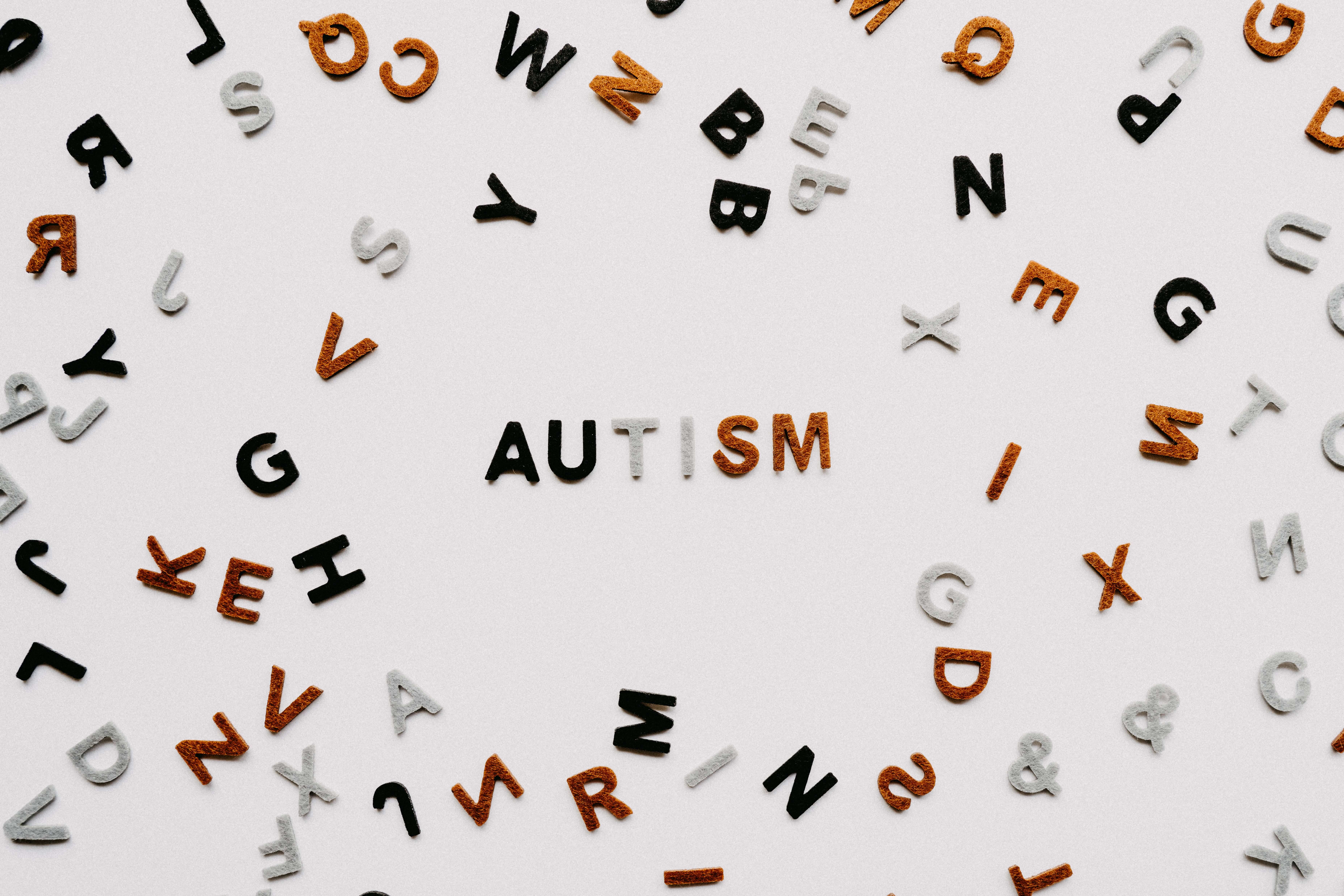5 Ways That CBD Can Ease Symptoms of Autism

Cannabidiol (CBD) has been increasingly used for its many therapeutic benefits. As more research about the medicinal uses of CBD trickles in, more patients are turning to it to alleviate the symptoms of their conditions. Autism is one such condition.
Though not a cure for the disorder, CBD has the potential to ease some of its symptoms. Below are 5 ways that CBD can contribute to helping with functional challenges presented by autism.
What is Autism?a
Autism Spectrum Disorder (ASD), or just Autism, is a lifelong disorder of developmental disabilities that typically has an early childhood onset. It is medically diagnosed by a professional, such as a psychologist or paediatrician.
Autism has a broad range of conditions that include persistent difficulties with social communication, restricted interests, relationships and self-regulation. Each person with autism may be affected differently and with varying degrees, hence they fall on a spectrum of the disorder.
Conditions that may be associated with Autism include:
- Chronic constipation or diarrhoea
- Low muscle tone
- Pain
- Seizures
- Sensory and sleep problems
- Hearing and visual impairment
How does CBD ease symptoms of autism?
There is no cure for Autism, but its symptoms can be alleviated to assist with a better quality of life. And although there is still ongoing research related to the use of CBD in treating related and co-occurring conditions of Autism, there is anecdotal information related to it helping to ease some of these symptoms which include:
- Insomnia
- Chronic pain
- Seizures
- Anxiety
- Aggression
Insomnia
Insomnia tends to be associated with autism, as it's been reported that 80% of children with Autism face sleep problems. People with the disorder can take an average of 11 minutes longer to fall asleep compared to typical sleeping patterns of those without Autism. They may also find themselves waking up frequently during the night and a few even struggle with sleep apnea.
One of the common therapeutic uses of CBD is to help promote better sleep. CBD interacts with the body's natural endocannabinoid system, so it's said to work synergistically with melatonin, a hormone the body produces that signals it to relax and prepare to go to sleep. CBD also decreases levels of cortisol, which is a stress hormone. With an increased cortisol level, people may find it difficult to fall asleep and stay asleep throughout the night. A study found that 160mg of CBD increased sleep duration.
Chronic pain
Pain is a common experience for people with Autism even though it's not typically thought of as a main feature of the disorder. The pain could be related to the differences in sensory sensitivities and the process of pain stimuli.
A survey found that of those who use CBD, 64% use it for pain relief or management. CBD can assist with managing pain since it interacts with various biological processes of the body. Our central nervous system naturally produce cannabinoids as they are needed. They are responsible for the perception of pain and work to reduce inflammation. CBD is also made up of cannabinoids, which are thought to interact with the receptor cells in the central nervous system in a similar way to the naturally occurring ones to reduce pain and inflammation.
Seizures
Seizures are the most common neurological complication associated with Autism. They may share genetic links but research is still ongoing to ascertain this. A large study concluded that 26% of Autistic children aged 13 and older were also diagnosed with epilepsy. Seizures are a result of uncontrolled electrical activity between brain cells. They can cause:
- Jerking or stiffening of muscles
- Loss of consciousness
- Confusion or unusual thoughts
- Unusual sensations
CBD, in the form of a drug called Epidiolex, is currently FDA approved to treat two rare forms of seizures. CBD may also pose as an effective treatment for other types as well. Since the endocannabinoids in CBD activate specific cells in the brain, they can assist with preventing the cells from being damaged by the uncontrolled electrical activity or from becoming too excited and so limiting this activity.
However, CBD could potentially interact with other drugs taken to treat seizures or have side effects, so it's very important to have a prior consultation with a doctor.
Anxiety
Although anxiety disorders aren't considered as one of the main features of Autism, they are very common co-occurring conditions. According to the Anxiety and Depression Association of America, 40% of young Autistic people have elevated levels of anxiety. Some may display their anxiety through disruptive behaviour or through being verbal. They may experience varying features of anxiety, from social anxiety to Obsessive-Compulsive Disorder (OCD) or even phobias.
CBD can be used to manage anxiety. It helps promote serotonin levels, the hormone that regulates moods, cognition, learning and memory. It's also thought to mimic the effects of antidepressants but without the side effects.
CBD's use as a treatment for anxiety is one of the most researched and studied compared to other CBD treatments. One such study showed that patients with a social anxiety disorder had significantly lower levels of anxiety when treated with CBD as compared to those who were given a placebo.
Aggression
Autistic individuals can experience aggression, panic, tantrums and even self-injurious behaviour. These may be caused by an over stimulus to their surroundings, difficulty in communicating their wants or needs and increased levels of anxiety and stress.
CBD has been used to help autistic individuals deal with strong emotions that lead to aggression. Because CBD also promotes better sleep and reduces anxiety, aggressive behaviour can be subdued. The lessening of these emotional and behavioural issues can lead to better social interactions and communication. A study showed that there was a 67.6% improvement in self-injury and rage attacks in Autistic patients treated with CBD.
Conclusion
Rigorous research around the use of CBD to treat symptoms of Autism is still trickling in but it is promising. The therapeutic effects of CBD are increasingly being used and tested to help alleviate a variety of symptoms for different conditions.
If you are considering taking CBD for yourself or giving it to someone else, especially a child, it's important to consult with a medical professional first. CBD may interact with other medications, and have potentially severe side effects, and as there is no set dosage to treat specific conditions, can pose as dangerous to some.














